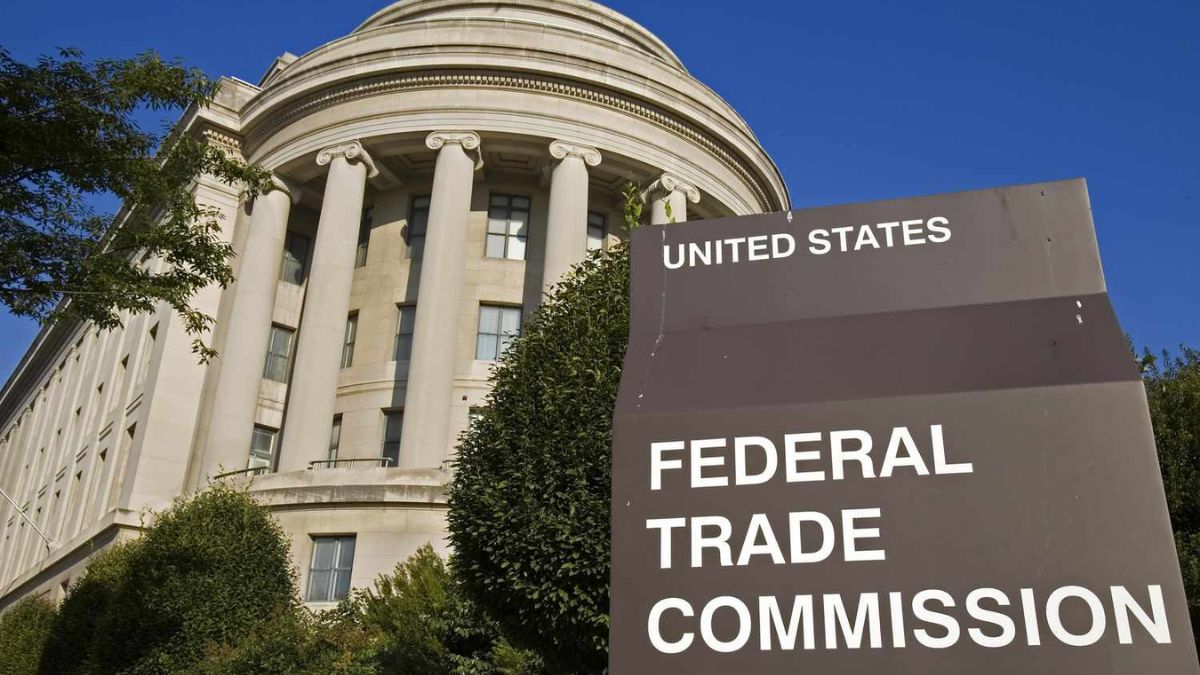The U.S. Federal Trade Commission (FTC) will present its case against Kroger’s $25 billion merger with Albertsons in a federal trial starting Monday in Portland, Oregon. The FTC, joined by several states, argues that the merger would diminish competition between the nation’s two leading supermarket chains, potentially leading to higher prices for consumers and reduced bargaining power for unionized grocery workers.
Filed in February, the lawsuit highlights the potential adverse effects of the merger on the grocery industry. The FTC contends that combining Kroger and Albertsons would eliminate a major competitor in the supermarket sector, which could lead to increased prices and reduced choices for shoppers. The case forms a central part of the Biden administration’s broader effort to address high consumer prices, a prominent issue in the ongoing presidential race between Vice President Kamala Harris and former President Donald Trump.
FTC Chair Lina Khan’s strategy is under scrutiny as this trial serves as a key test of her initiative to leverage antitrust laws to enhance workers’ wages and mobility. The trial, expected to last about three weeks, will examine how major grocery chains and smaller competitors set prices and view competition within the industry.
Kroger and Albertsons are seeking to persuade U.S. District Judge Adrienne Nelson to allow the merger, arguing that it is crucial for competing effectively against global giants like Walmart, Costco, and Amazon, which owns Whole Foods. The companies assert that the FTC’s focus on traditional supermarkets overlooks the broader food retail landscape, which includes big-box stores and dollar stores.
Kroger has proposed selling 579 of the approximately 5,000 stores it would acquire if the merger is approved, with a focus on whether C&S Wholesale Grocers can successfully manage these locations. The company has also committed to reducing grocery prices by $1 billion post-merger, although specific details on price reductions are not fully disclosed. A source familiar with the plans indicated that the price cuts would initially target essential and high-demand items rather than non-essential goods.
The lawsuit involves states such as Arizona, California, Illinois, Maryland, Nevada, New Mexico, Oregon, Wyoming, and the District of Columbia, all of which have Kroger and Albertsons locations within their borders. Additional lawsuits filed by Washington and Colorado are set to go to trial following the Oregon case.


